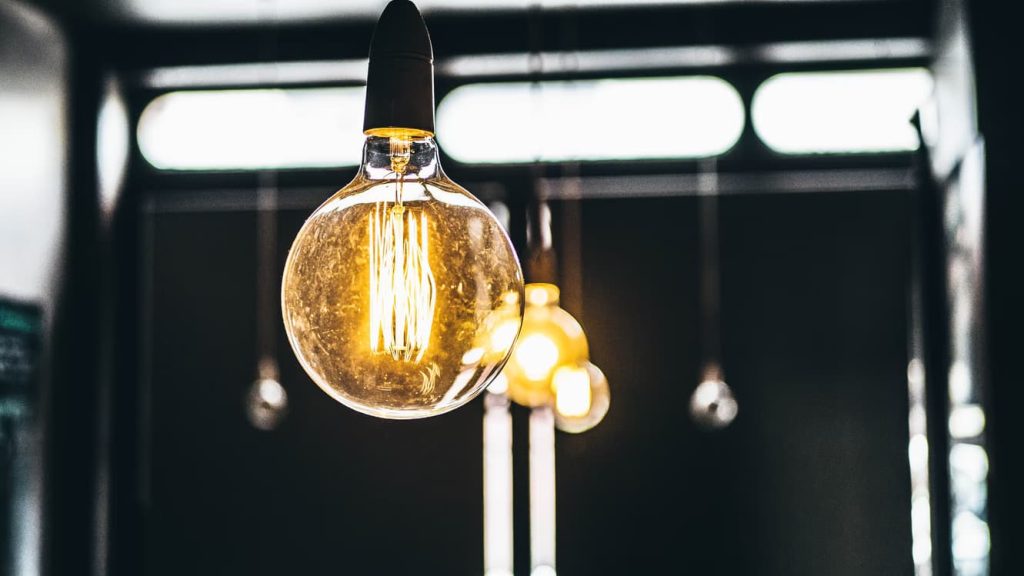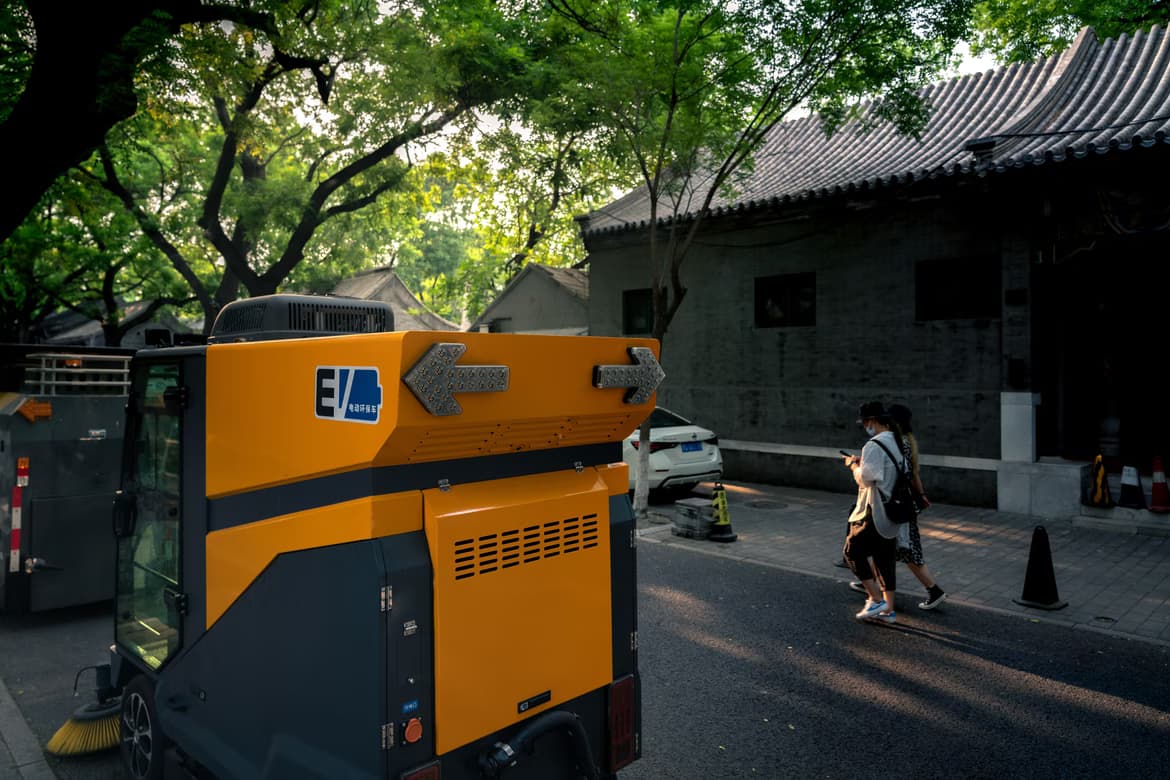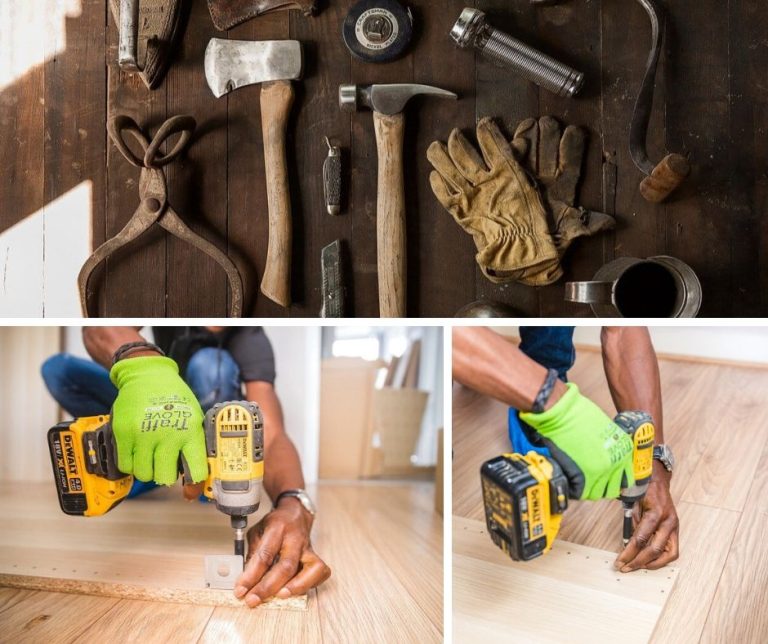How to Always Have Electric Power Supply When Undertaking a DIY Project?
DIYers are rarely able to accomplish much without the use of electricity. When there is a power outage, they are unable to use their power tools and hence are unable to complete their tasks. There are several solutions to this problem, and we will discuss a few of them below.
Table of Contents
Different Generators
The three fundamental types of generators are portable, inverter, and standby. Electric generators, in essence, are lifesavers. They’re emergency power generators that convert fuel into electricity (typically propane, diesel, or gasoline). During power outages, they are the principal sources of electrical power.
Portable Generator
When you want to do some task and there is no electricity but you need to plug in some power tool, then this device is just what you need. The biggest benefit of portable generators is that they are as the name states ‘portable’. There are wheels on it and you can move it around as you please.
A great benefit of portable generators is that, unlike permanent generators, they can help with short-term jobs, you just need to bring it out and start the engine. One great benefit of them is that you can find some which are not loud, and thus they won’t disturb your family. Also, this device is not just for when there is no electricity. You can use it somewhere where there is no electricity, for example, near your shed when you need to cut something.
Since they run on gasoline, diesel, or propane, you need to keep them outside if you do not want fumes in your home. This should not be a problem for you because you can use extension cords to carry the power where you need it. Another great trait of this device is that it is not too big so you won’t have too much time finding a place for it.

Standby Generator
If you have tools that require a lot of energy, it would be probably wise to get something bigger. The biggest benefit of standby generators is that you can power almost the whole house with them. Once there is an outage, the generator turns on automatically and keeps the appliance in the house running.
Getting this generator is expensive for most, thus we would advise you to carefully decide whether you need it or not. Generators tend to be very loud so you might have problems with neighbors. Many noise laws are present in the USA so you should research in your region what laws are set in place and then buy a generator that does not break those laws.
Inverter Generator
An inverter generator is a device that converts electricity into cleaner, safer electricity for your delicate equipment. Although it costs more, it is quieter and more energy-efficient than a regular generator. By converting AC electric current into DC electric current and then reversing it back to AC, an inverter generator produces a cleaner wave of power.
The ability of an inverter to clean up electrical power for sensitive devices is the primary distinction between a generator and an inverter. The increased fuel economy of an inverter generator is the second main difference. It may change the speed of its engine according to the amount of power it is required to deliver.
If you only wish to power one lamp, for example, the engine will run slower and provide less current. The engine will power up to match the increased demand if you add a second lamp.
Operate It With Caution
Because generators emit a lot of carbon monoxide, you should keep them as far away from the home as possible—at least 20 feet, and divert the exhaust away from any doors or windows. Enclosed areas might include not just your home’s rooms, but also your garage, basement, and so on. Because carbon monoxide is odorless and colorless, you might be at risk if you use the portable generator indoors even if you don’t see or smell any emissions.
Never connect your generator directly to your home’s electrical system. Instead, run wires outdoors or use a manual transfer switch to connect appliances directly to the generator. The gauge of extension cord required for your generator will be listed in the user handbook.
If you need to run a generator when it’s raining, though, you may get a generator tent to protect your equipment from the weather. Check your manual to ensure that you have successfully assembled the generator and understand how to start it.
In the case of a power outage, having a generator on standby may make life a lot simpler. It can be lifesaving for individuals who require power for medical reasons. While a portable generator will not be able to power your complete home, it will be able to offer enough electricity to make living acceptable, if not pleasant, until power is restored.







